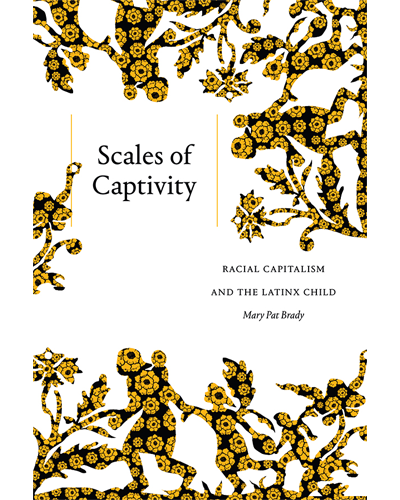"On Paradox"
by Elizabeth Anker
Associate Prodessor Elizabeth Anker’s On Paradox: The Claims of Theory, just out from Duke University Press, builds on her legal and literary expertise to make an ambitious argument. She contends that faith in the logic of paradox has been the cornerstone of left intellectualism since the second half of the twentieth century. Anker attributes the ubiquity of paradox in the humanities to its appeal as an incisive tool for exposing and dismantling hierarchies. Tracing the ascent of paradox in theories of modernity, in rights discourse, in the history of literary criticism and the linguistic turn, and in the transformation of the liberal arts in higher education, Anker suggests that paradox not only generates the very exclusions it critiques but also creates a disempowering haze of indecision. She shows that reasoning through paradox has become deeply problematic: it engrains a startling homogeneity of thought while undercutting the commitment to social justice that remains a guiding imperative of theory. Rather than calling for a wholesale abandonment of such reasoning, Anker argues for an expanded, diversified theory toolkit that can help theorists escape the seductions and traps of paradox.
"Scales of Captivity"
by Mary Pat Brady
Professor Mary Pat Brady’s Scales of Captivity: Racial Capitalism and the Latinx Child (Duke University Press), traces the figure of the captive or cast-off child in Latinx and Chicanx literature and art between chattel slavery’s final years and the mass deportations of the twenty-first century. She shows how Latinx expressive practices expose how every rescaling of economic and military power requires new modalities of capture, new ways to bracket and hedge life. Through readings of novels by Helena María Viramontes, Oscar Casares, Lorraine López, Maceo Montoya, Reyna Grande, Daniel Peña, and others, Brady illustrates how submerged captivities reveal the way mechanisms of constraint such as deportability ground institutional forms of carceral modernity and how such practices scale relations by naturalizing the logic of scalar hierarchies underpinning racial capitalism. By showing how representations of the captive child critique the entrenched logic undergirding colonial power, Brady challenges racialized modes of citizenship while offering visions for living beyond borders.





